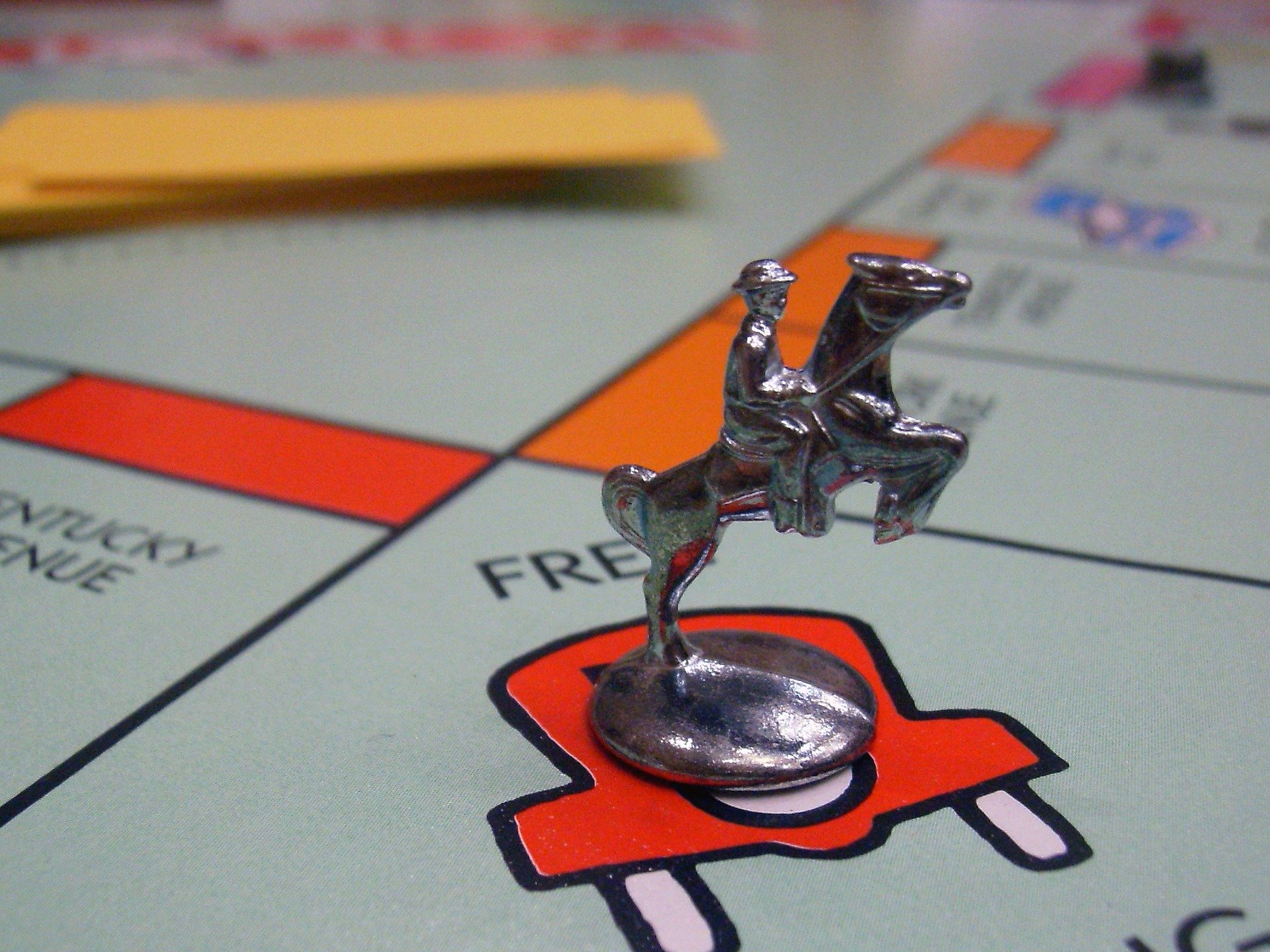Most people have likely played the Monopoly board game. What is the main goal? Basically, own everything. If you happen to own everything of a certain industry (color), even better. The more you own the higher the rent you can charge. The more rent you can charge the more likely you will be able to bankrupt your competitors and get more rich.
The game of the Monopoly doesn’t exactly put big businesses in the best light. They all look power hungry and money hungry. This may be true, but there are some benefits the mammoths of capitalism.
Before the Sears, Roebuck catalog, most people couldn’t afford the new technologies of the early 1900s. Sears pushed and pushed their manufacturers to create products for cheaper and cheaper. Manufacturers complied because they wanted access to the huge customer base of the catalog.
The catalog’s low prices brought washing machines, stoves, sewing machines, bicycles, and cream separators to the masses at a much lower price. The sheer volume of the Sears catalog allowed this to happen.
We have a modern equivalent. Amazon and Walmart provide incredibly low prices and impressive efficiency. Yet, these behemoths are well-known for their poor treatment of suppliers and vendors. There it is again. The lower the operating costs, the cheaper the price for the consumer.
Most people love low prices especially now with the economic uncertainty of the next few months. Most people would agree that the mass production of goods has allowed great luxuries to be enjoyed by all. These modern luxuries wouldn’t be as available if it wasn’t for companies like Sears, Roebuck in the past and Amazon and Walmart now.
I have my issues with Amazon and Walmart, but from an economic sense there are some significant positives. Do these companies make the world better? They definitely hurt small businesses and take away jobs, but for the masses it leads to lower prices. Is it worth the cost?
Taking a balanced approach to these issues is so important to me. I could easily HATE on Walmart. I don’t like buying from them because of the way I feel when I enter their stores. I don’t like buying from Amazon for other reasons. Yet, there will always be products that will draw me back to those stores. The low prices are hard to ignore and the sheer volume of products can’t be found anywhere else.
Large companies change the world and often times for the better. Even if their intentions are greedy, the unintended consequences can lead to many long-term benefits for society. Without the Sears catalog, how long would it have taken for refrigerators to catch on? Would we still be using ice boxes today? These questions could go on and on, but the historical fact is that large companies (bordering on monopolies) created a world of modern conveniences that few would like to give up.

2 thoughts on “Are Monopolies Good for Consumers?”
I recall we discussed on a podcast whether bad motives could be good motives. We ended up saying that good can come from bad motives, but that’s no excuse to watch our motives.
For me, it boils down a little different even from that. Companies have two objectives: Make a product, and make a profit. The order in which they put those two can impact their entire business.
The motivations are never simple. Humans have the incredible ability to rationalize bad behavior if they can see a potential benefit to society. Money may be the underlying motivator and the pressure to please investors. This motivation can lead to downright evil behavior that is easily rationalized as a benefit for consumers. The belief of benevolence is strong even if widespread harm is done. I’ve seen so many interviews of people who truly believe what they are doing is good even in the face of strong evidence to the contrary. I too would likely become defensive if I faced the same pressure.
Comments are closed.